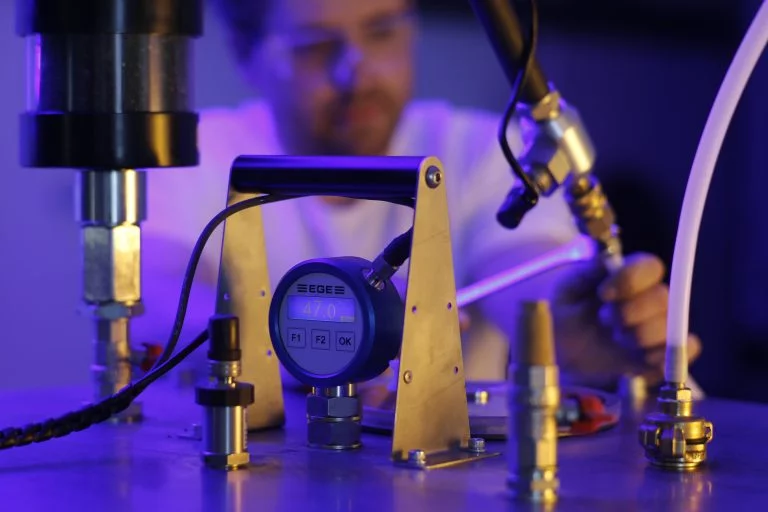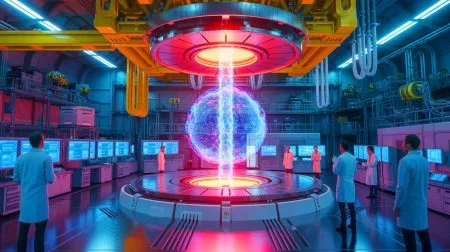Scotland’s Orbital Marine Power, a developer of floating tidal stream turbines, has awarded the composite blades contract for the company’s first commercial O2 tidal turbine to AC Marine and Composites (ACMC) to carry out the work at its manufacturing base in Gosport in southern England.
The contract will see ACMC build 10-metre composite blades for both of the O2’s twin rotors with four blades in total giving the machine a swept area of more than 600 square metres, the largest ever on a tidal turbine.
The Orbital O2 is due to comprise of a 72-metre long floating superstructure, supporting two 1 megawatt (MW) turbines at either side for a nameplate power output of 2MW, at a tidal current speed of 2.5 m/s. With rotor diameters of 20 metres, it will have a 600 square-metre rotor area, the largest on a single tidal generating platform to date.
The O2, capable of generating more than 2 megawatts from tidal stream resources, will become the world’s most powerful tidal turbine when it enters operation later next year as part of a long-term project at the European Marine Energy Centre in Orkney to the north of Scotland.
Improvements in Orbital’s platform design have allowed for a rotor diameter increase of 4 metres on the company’s previous 2 megawatts SR2000 turbine, with the O2 capable of producing electricity for more than 1,700 UK homes.
Andrew Scott, Orbital’s chief executive, said: “Gosport’s AC Marine and Composites has an impressive track record in delivering high-quality composites solutions to a range of sectors including marine energy. We are delighted that they are supporting the commercialisation of our technology through the O2 project. We believe this contract demonstrates the strong potential for the UK’s advanced materials sector to supply high-value components to the emerging, global tidal stream market.”
Alex Newton, the director of AC Marine and Composites, said: “We are extremely proud to have been awarded this contract by Orbital Marine so becoming part of the wider UK supply chain for the O2 project.
“Our structured production philosophy and in-house resin infusion technology will no doubt add value to this commercial tidal stream project.
“This is also a great opportunity for AC Marine and Composites to work on a project that will have a positive impact on the environment, whilst reaffirming the UK’s commitment to renewables.”
Orbital’s contract with ACMC follows recent contract awards as part of the overall build programme for the O2. These include the O2 platform manufacturing contract to TEXO Group in Dundee and an anchor contract to FAUN Trackway in Anglesey.
Orbital is focused on the development of a tidal energy turbine technology capable of producing a step-change reduction in the cost of energy from tidal currents.
Did you like it? 4.5/5 (20)






How can intelligent engineers, business men and Scottish politicians be allowed to load this renewables-madness onto the backs of electricity bill-payers?
If it lasts for 25 years, it will generate 160,000 MWh of intermittent electricity. The Scottish Government have handed them £3.4 million of taxpayers’ money, which works out at £21.25/MWh. Presumably OMP investors will be doubling [£42.50/MWh] or trebling [£63.75/MWh] that amount.
How can any normal, sensible adult believe there is any future for such a technology, when advanced nuclear SMRs will be operational by 2027 and factory produced by 2030 generating 24/7, low-carbon electricity, at a capital cost content of £3.50/MWh.